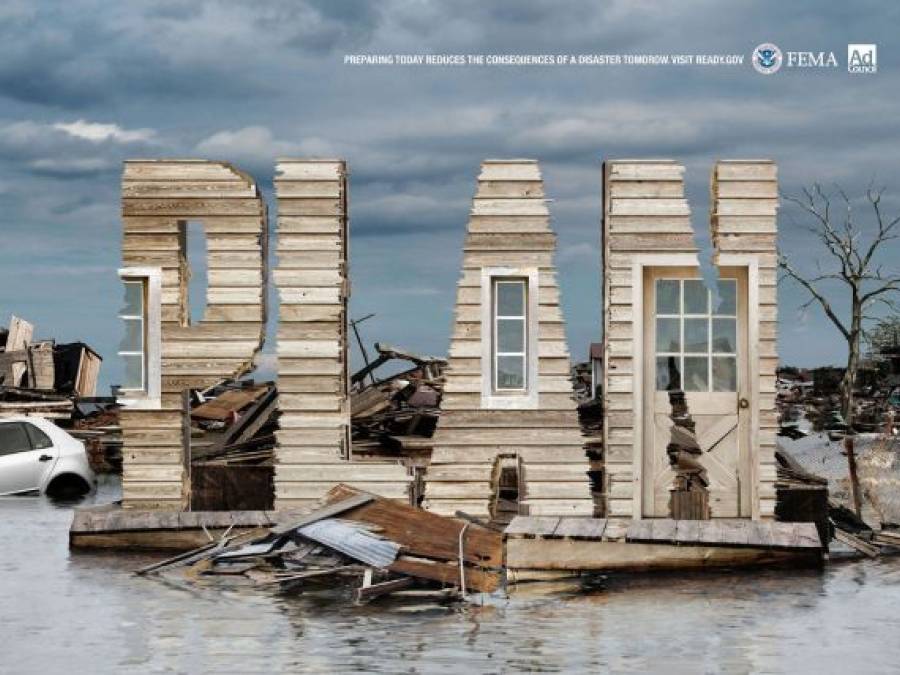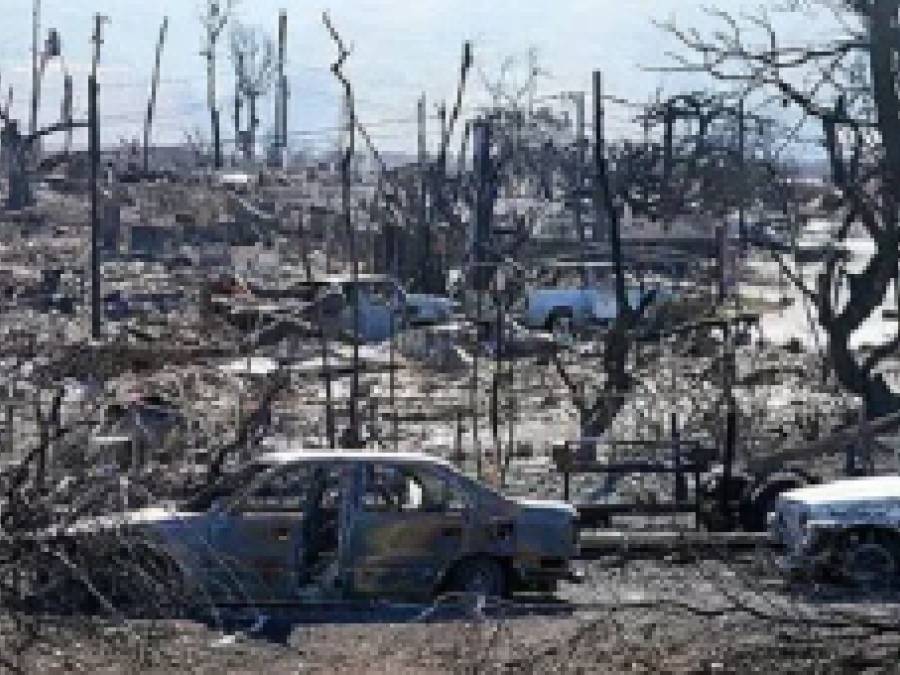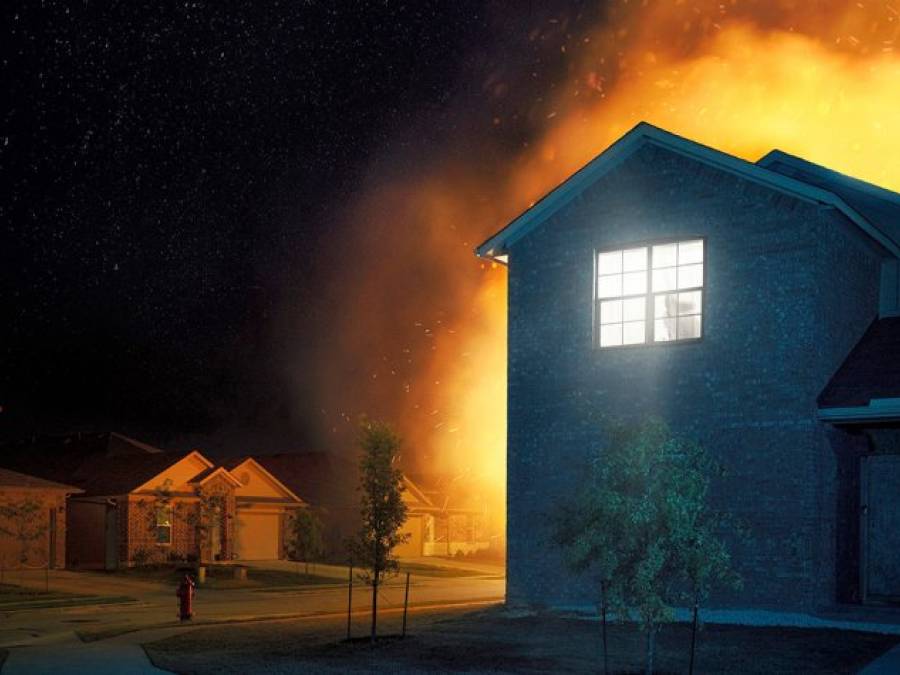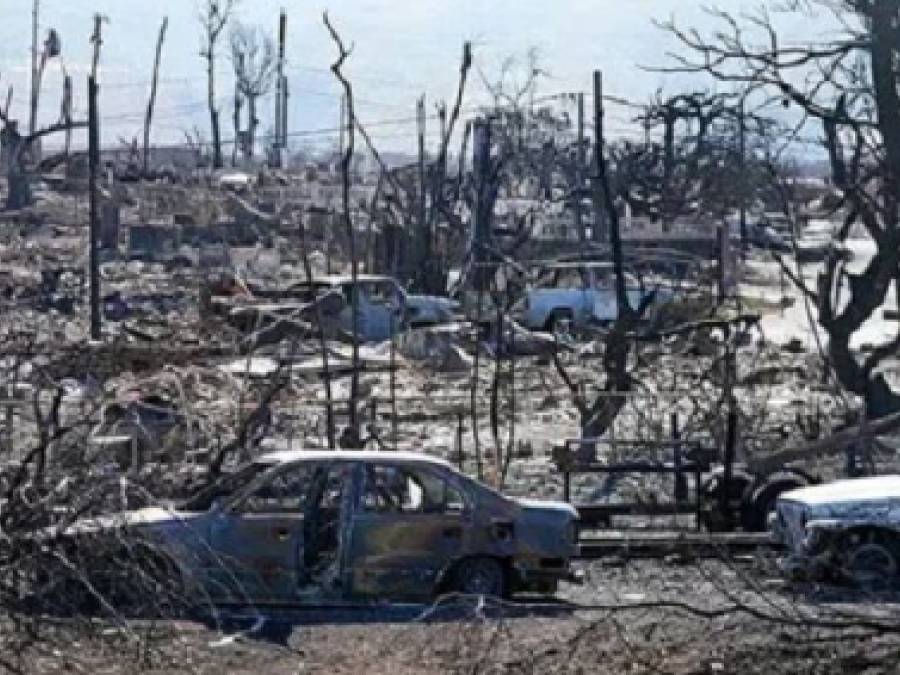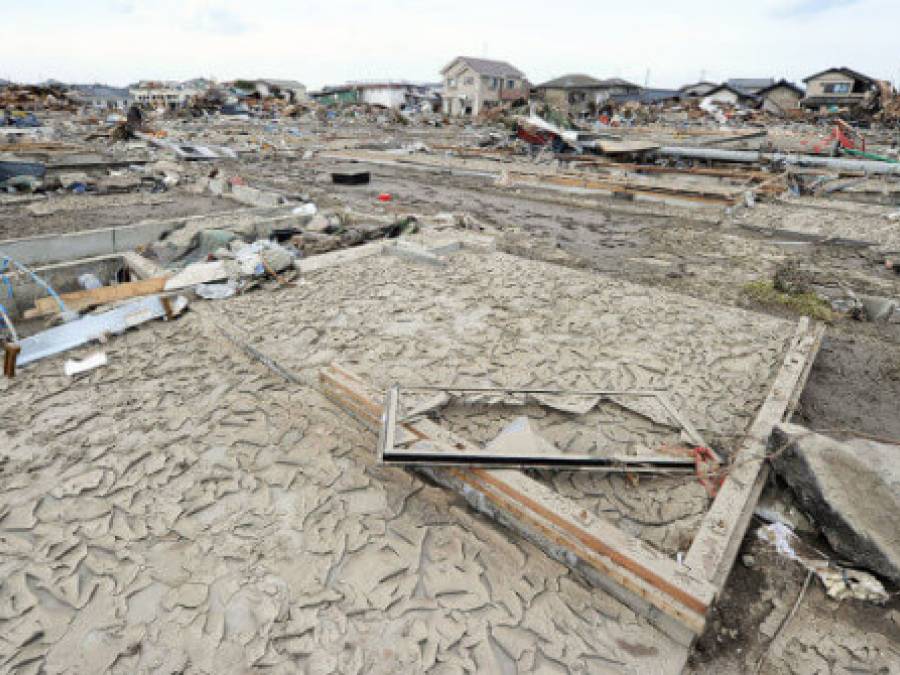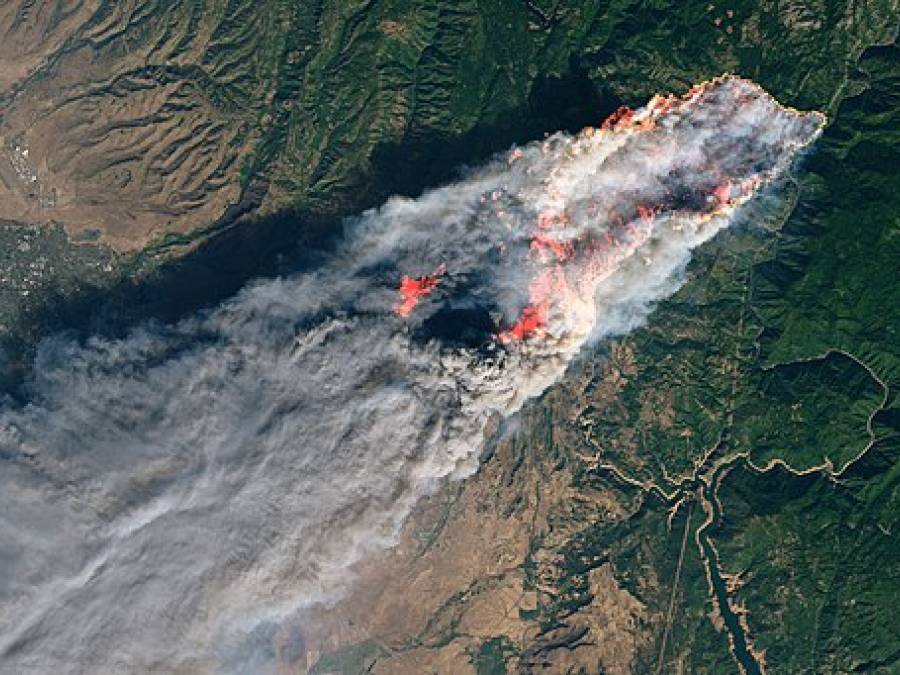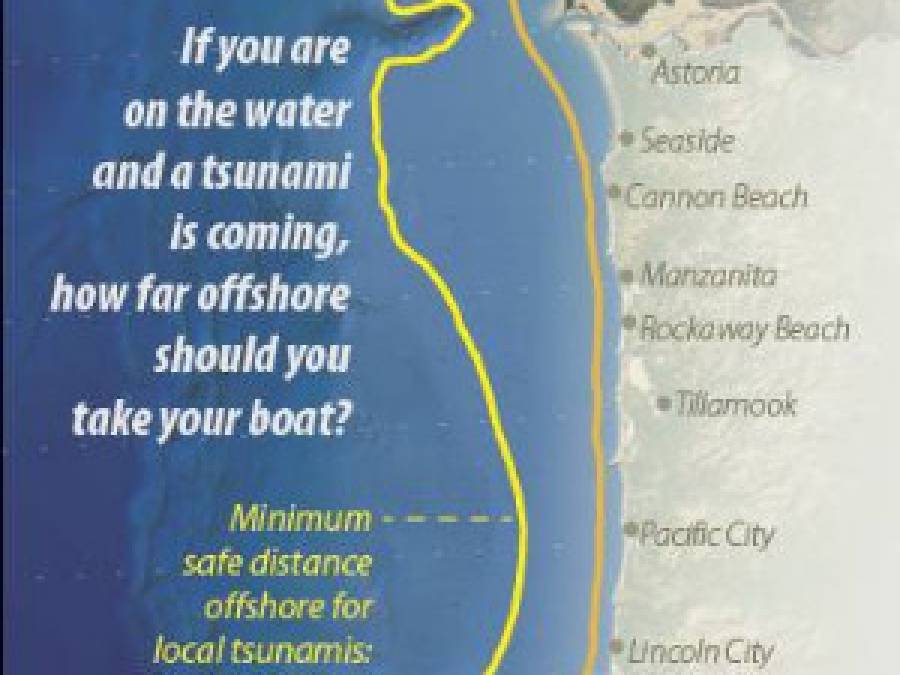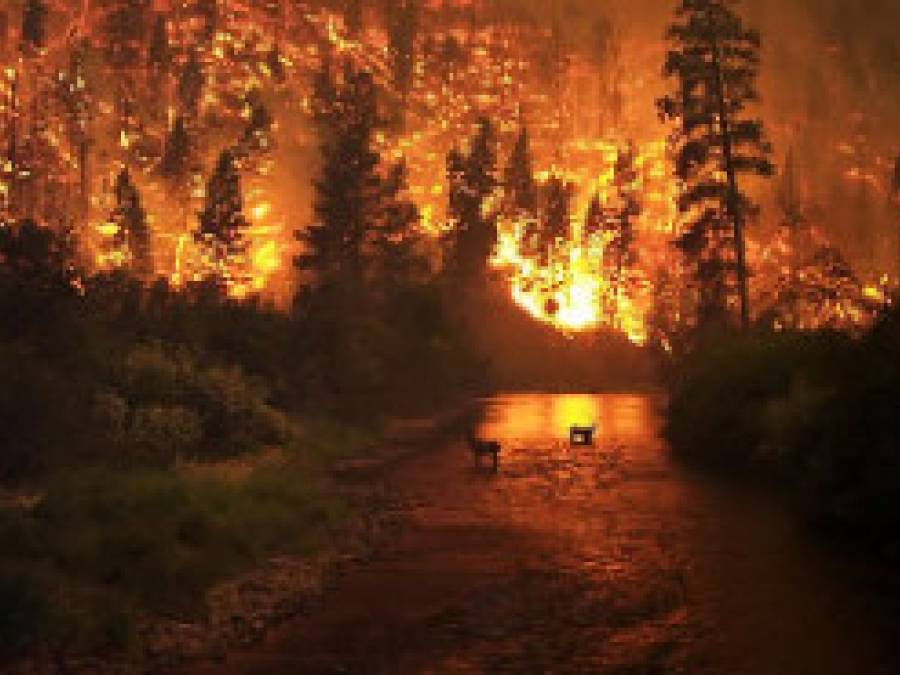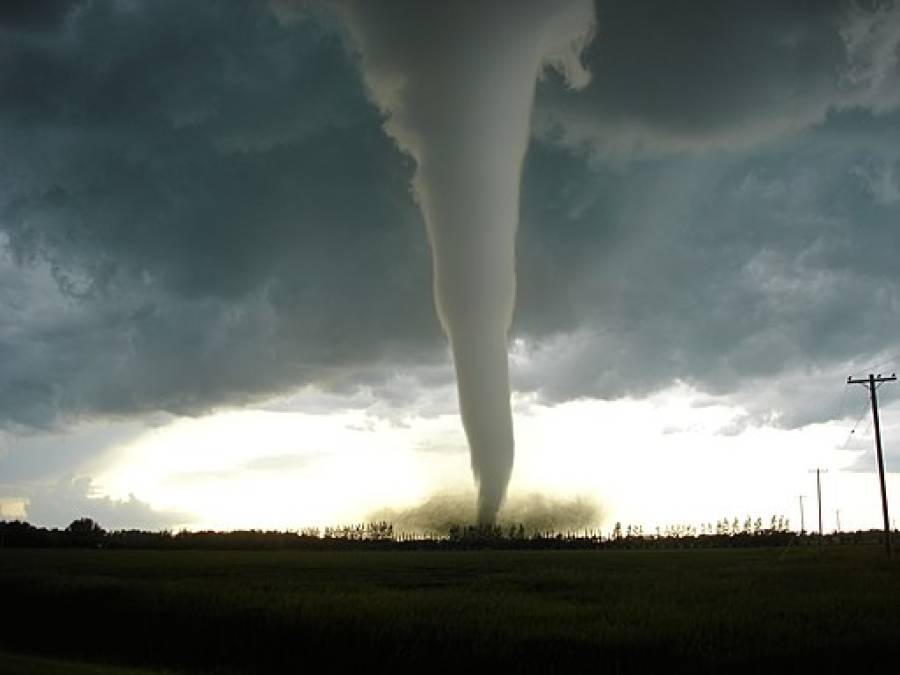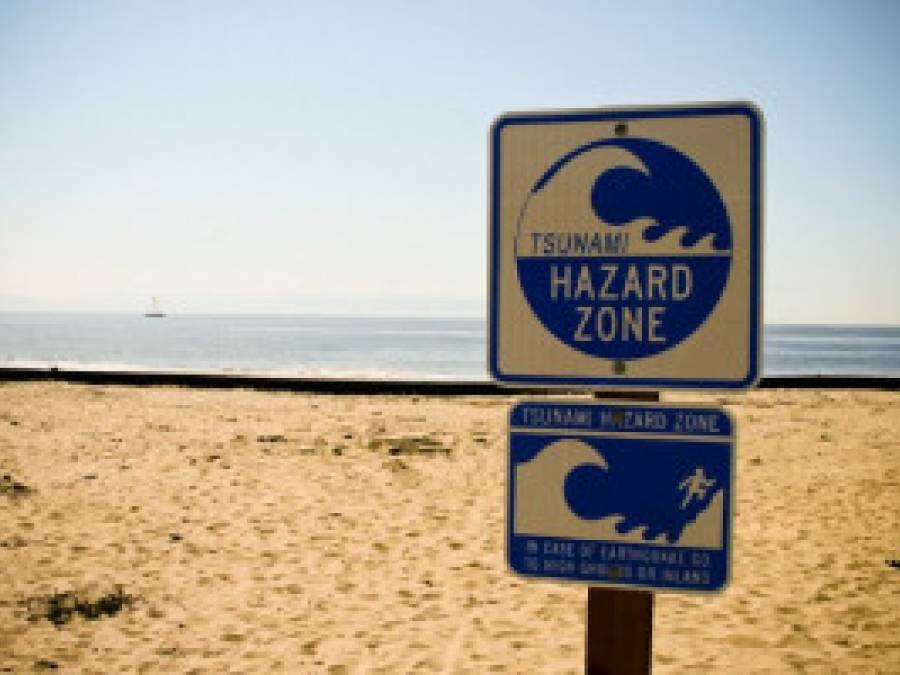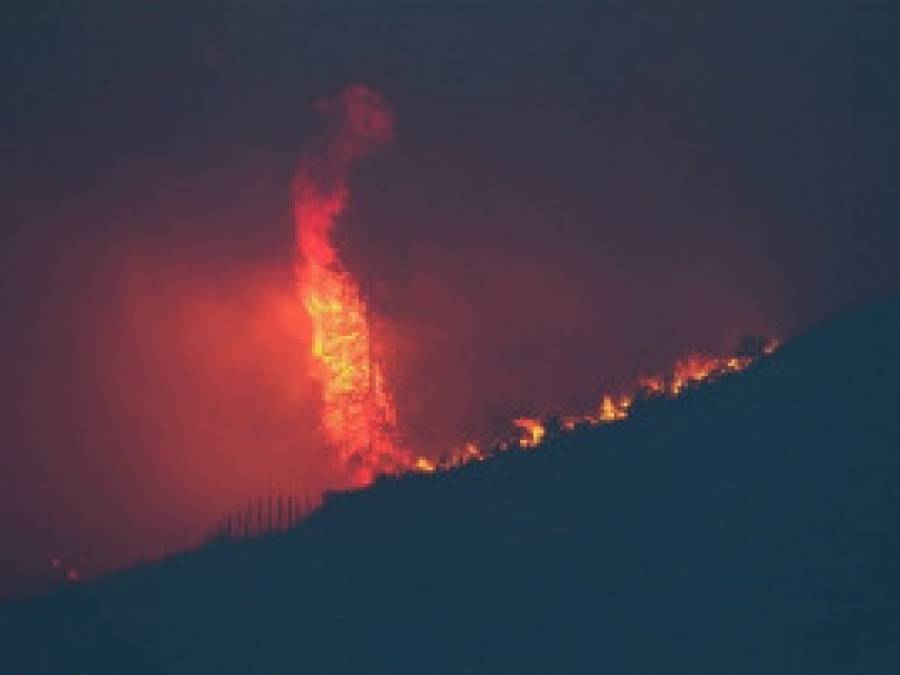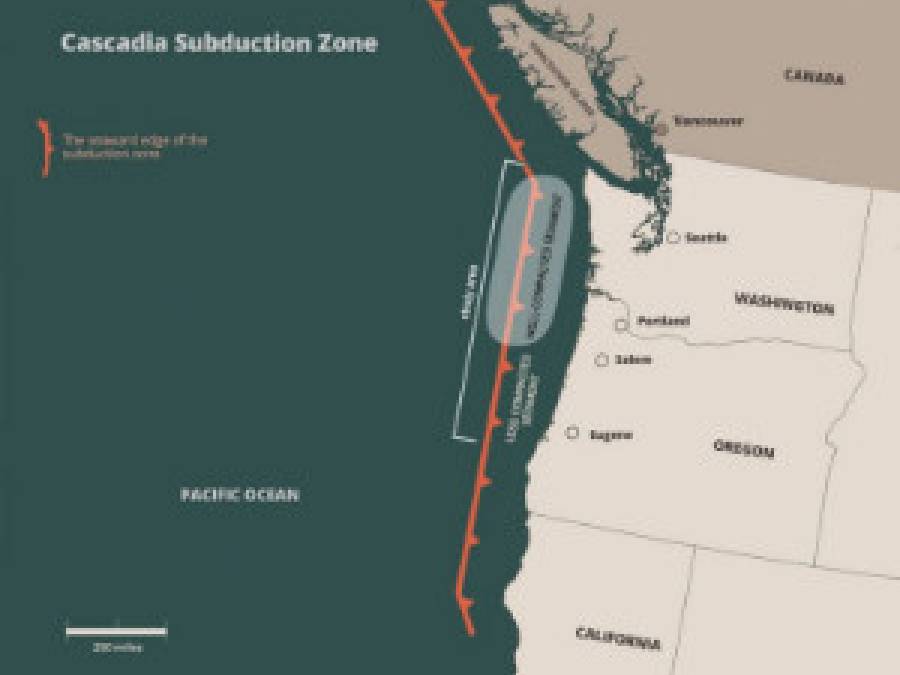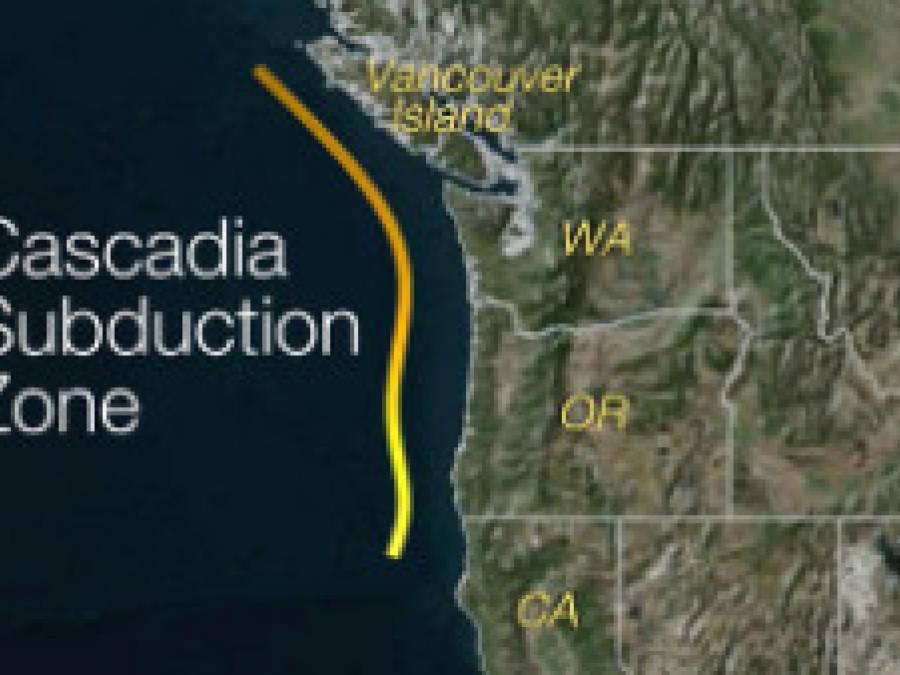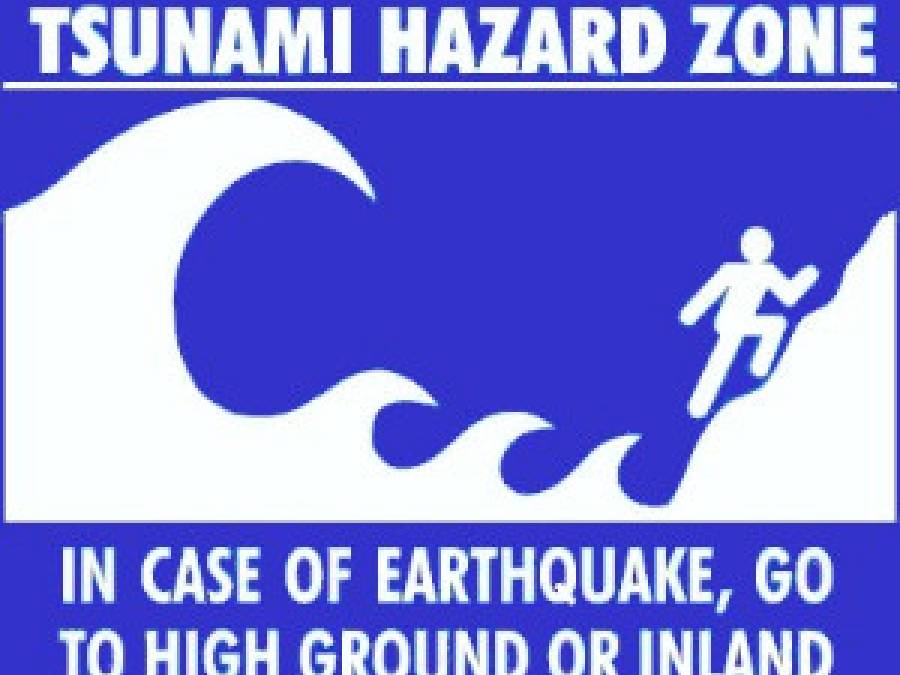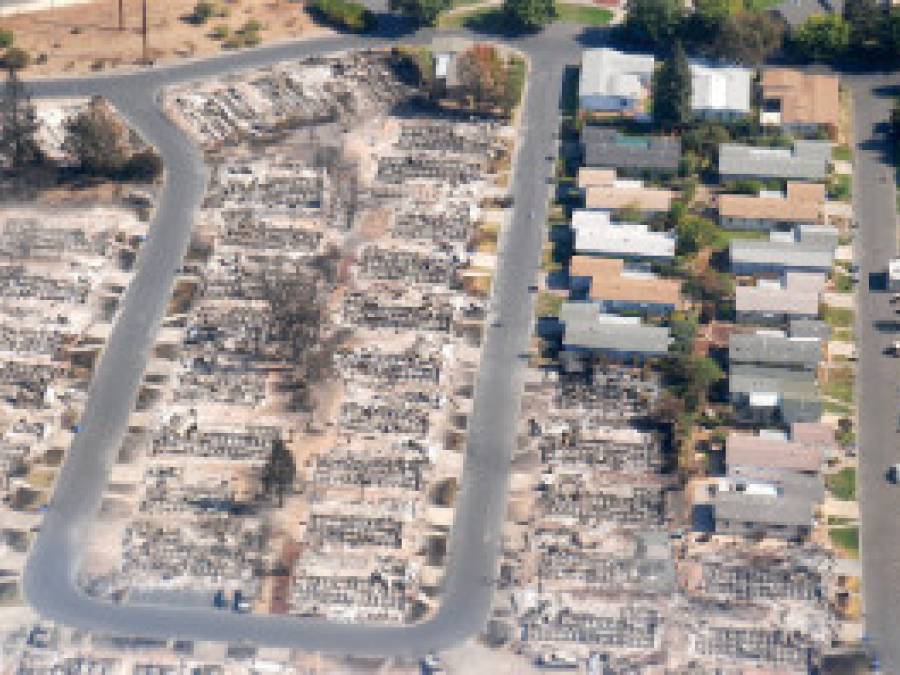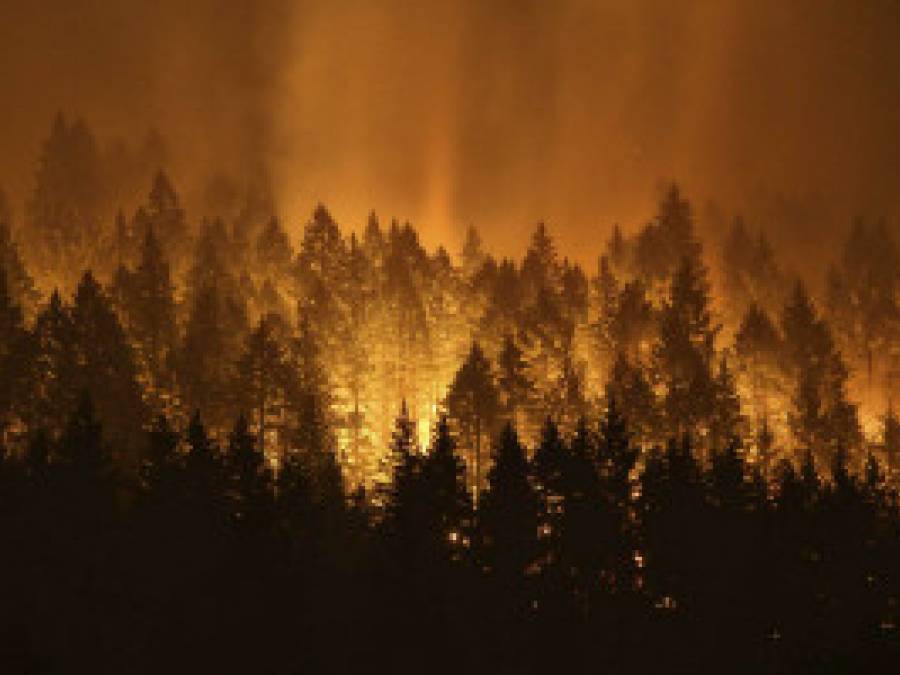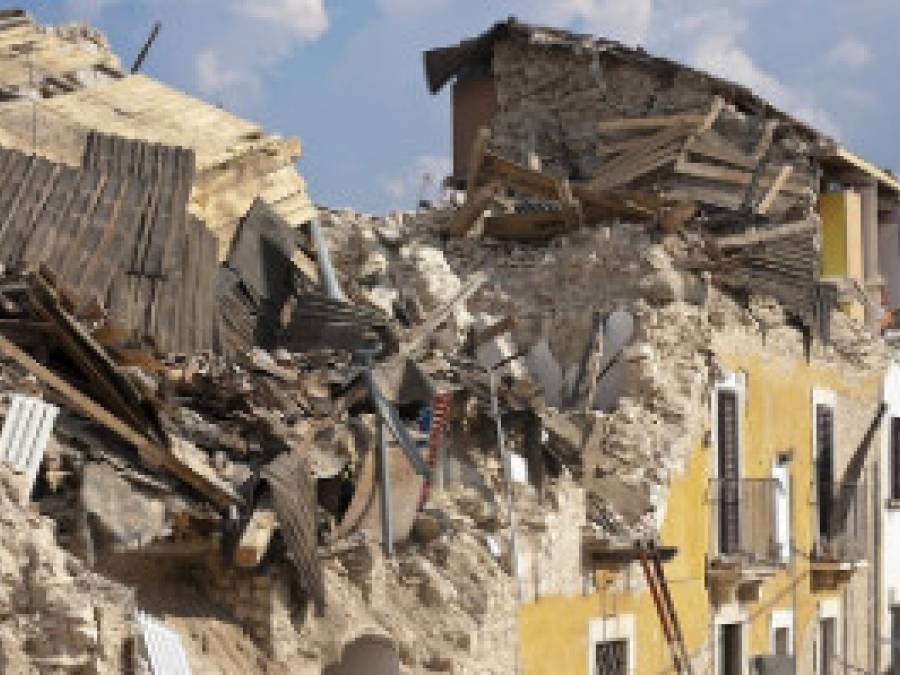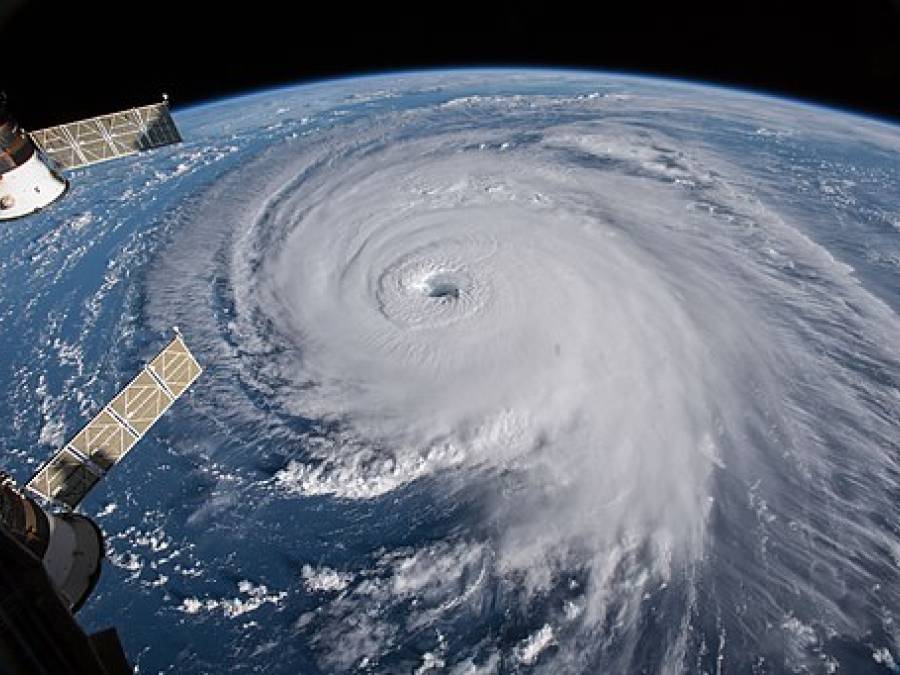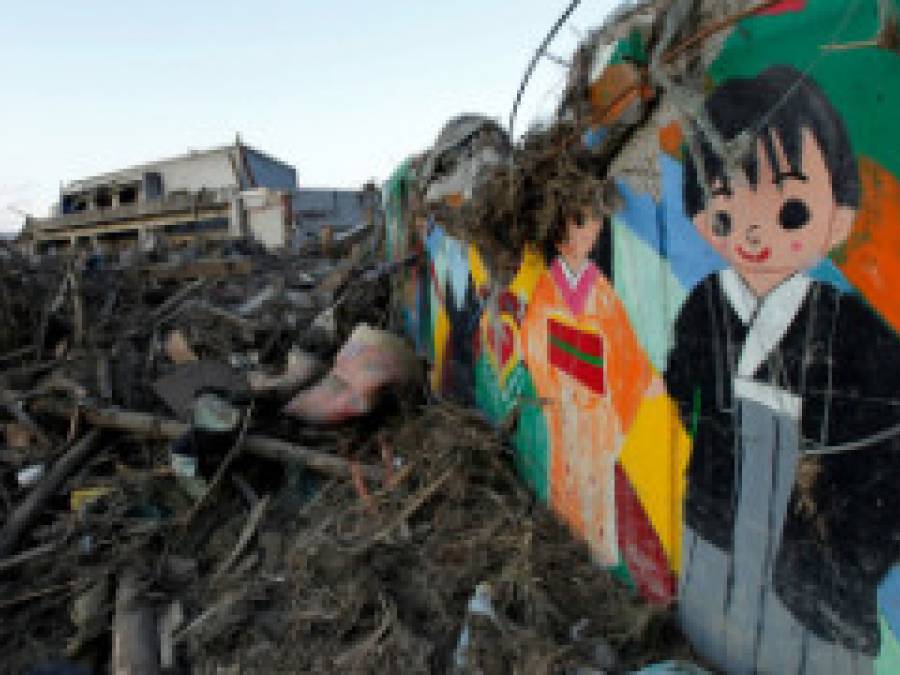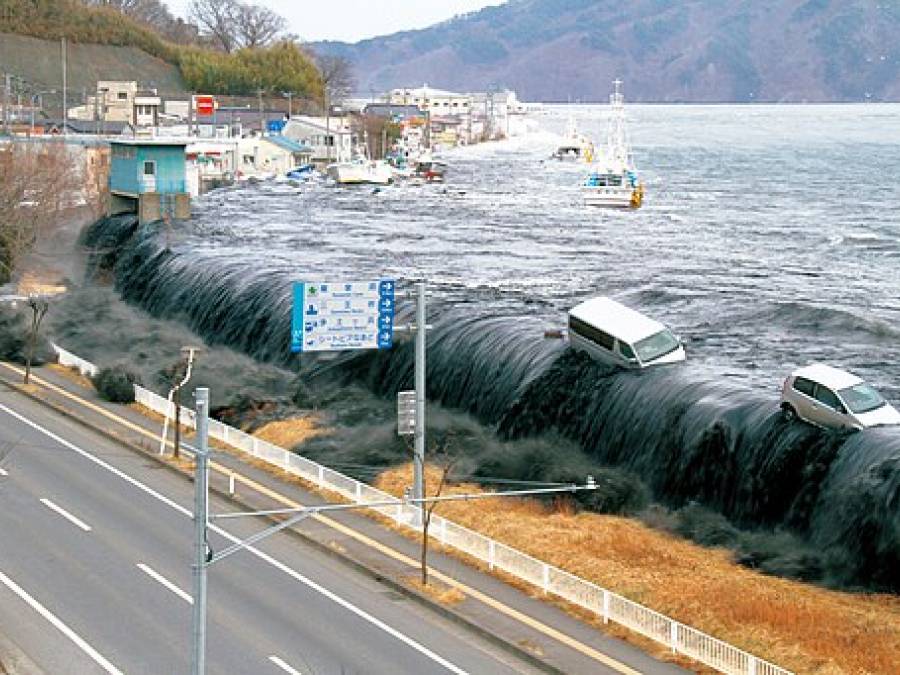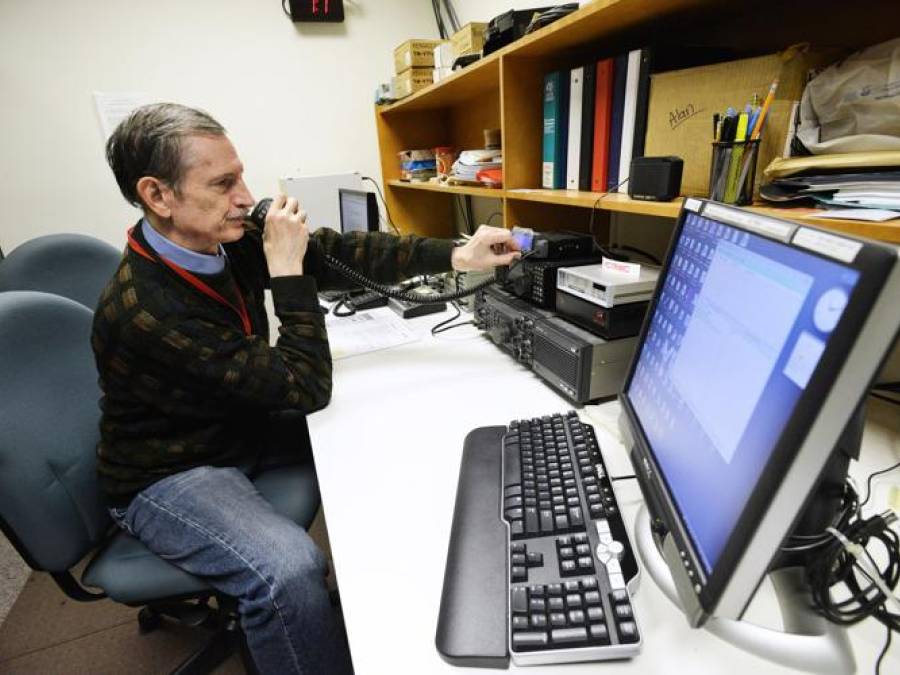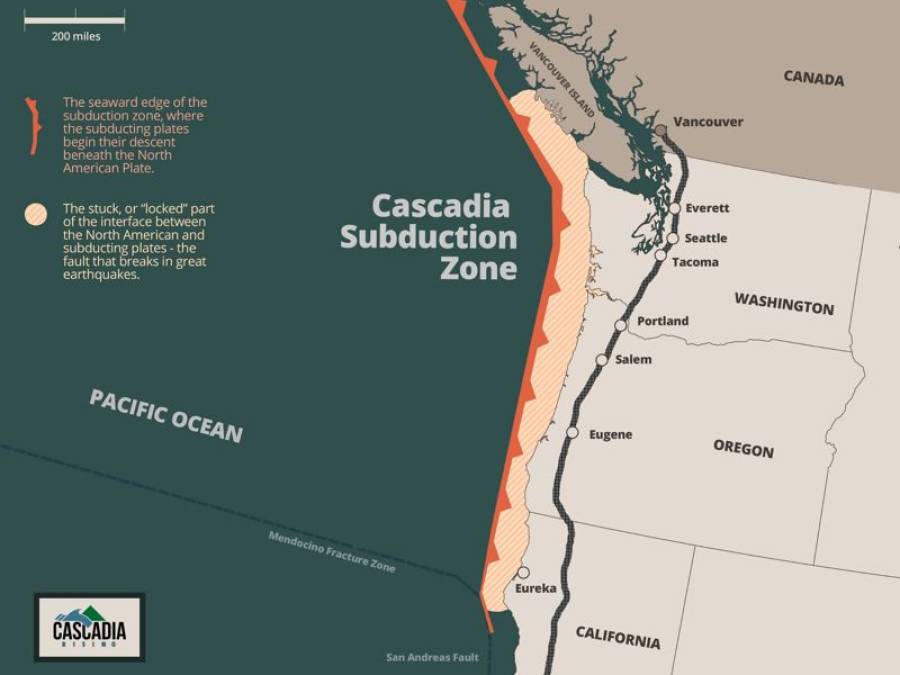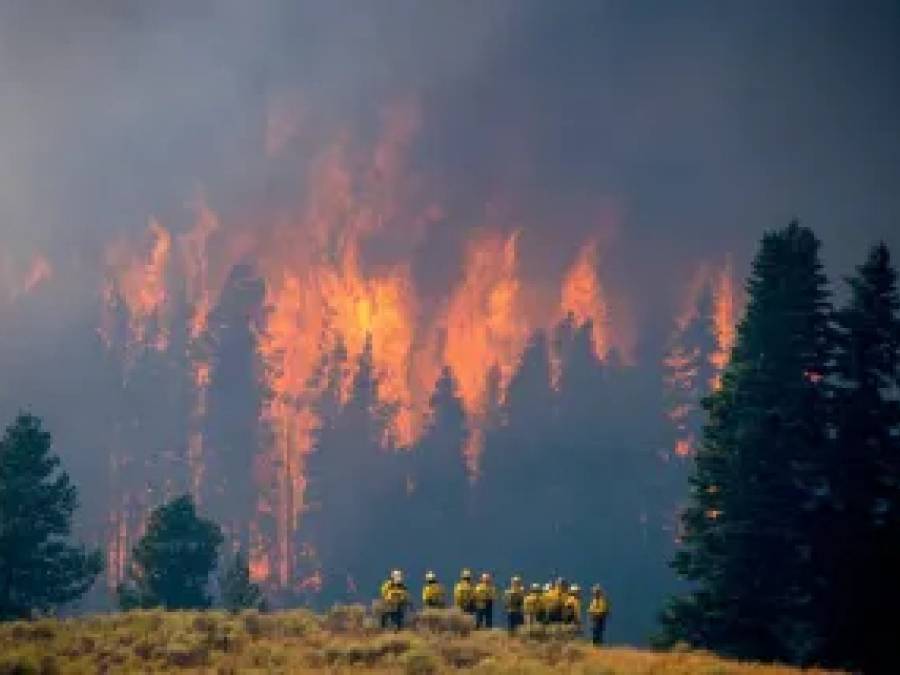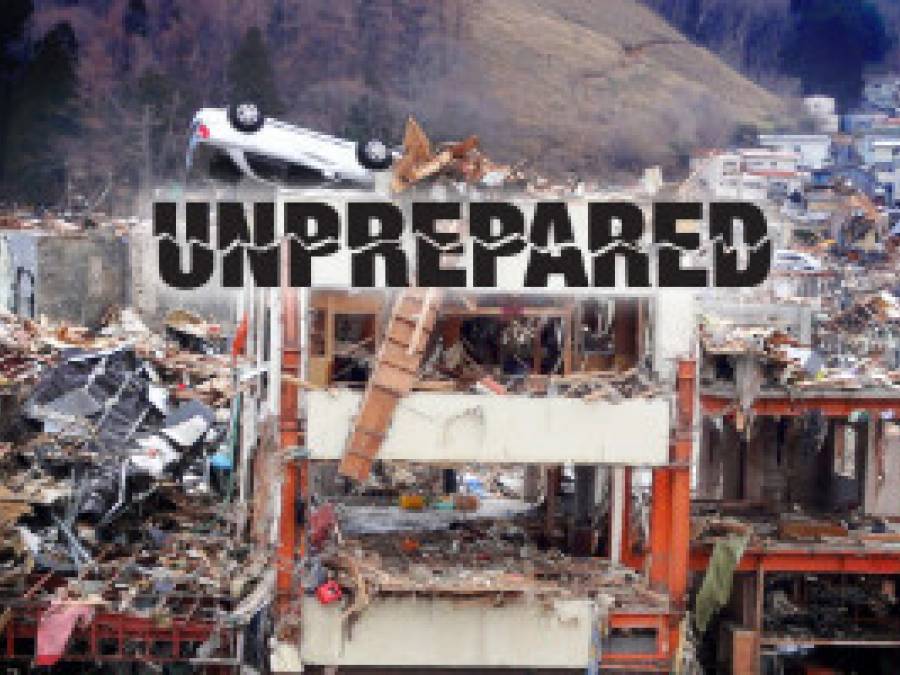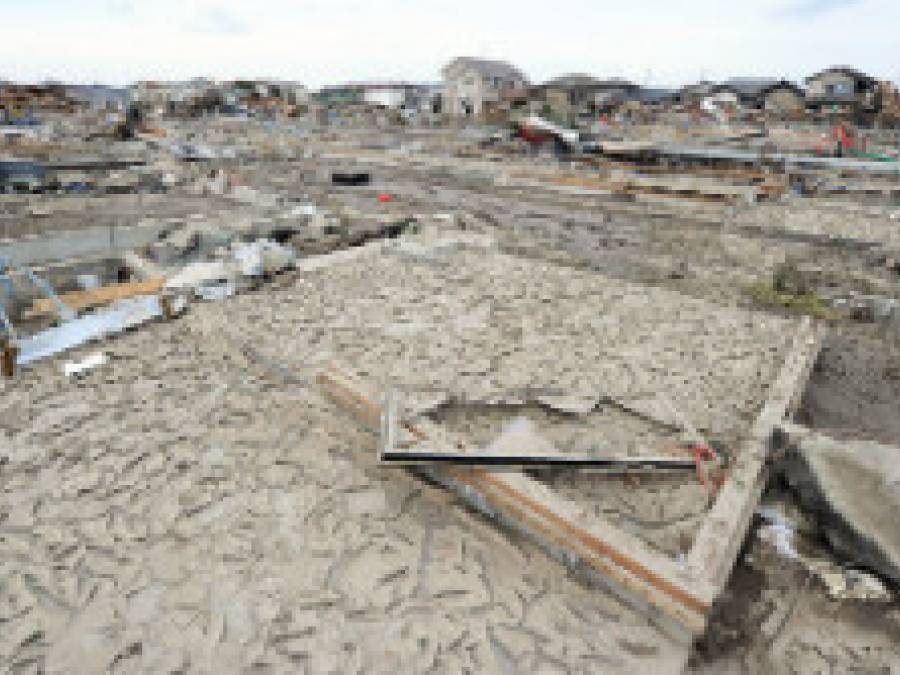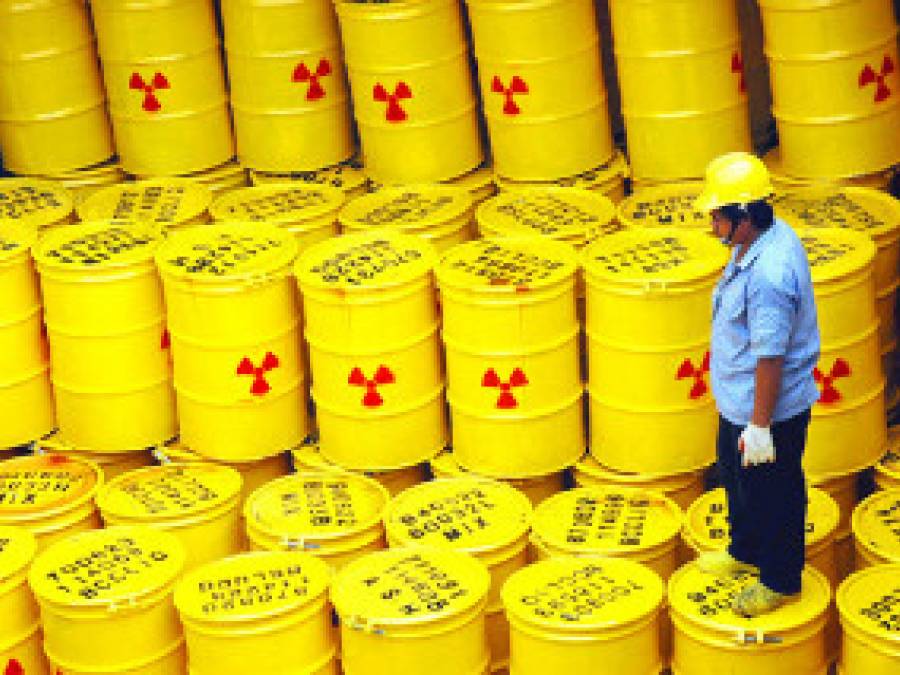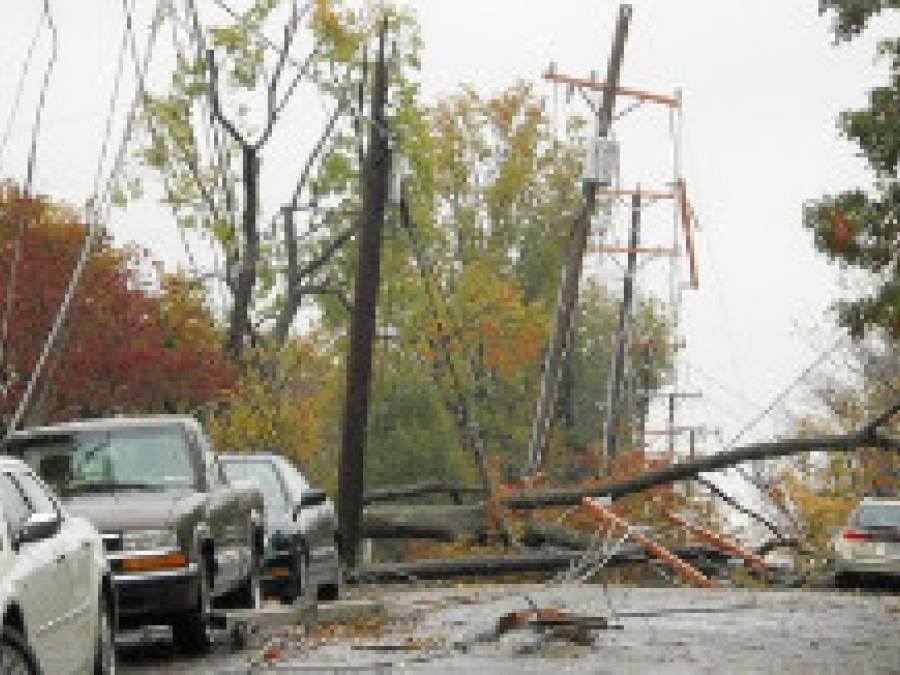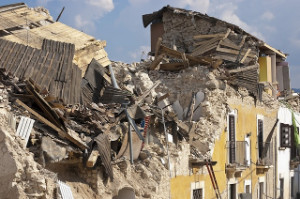November 20, 2017 | RT
Scientists warn that fluctuations in the speed of Earth's rotation could trigger a swarm of devastating earthquakes across the globe, particularly in heavily populated tropical regions.
Roger Bilham, of the University of Colorado in Boulder, and Rebecca Bendick, of the University of Montana in Missoula, presented their findings, published earlier this year, at the annual meeting of the Geological Society of America in October.
Their contention is that miniscule variations in rotation, that will change the length of a day by approximately one millisecond, could create massive shifts in energy beneath the planet's surface. The theory goes that the slowdown creates a shift in the shape of the Earth's solid iron and nickel "inner core" which, in turn, impacts the liquid outer core on which the tectonic plates that form the Earth's crust rest.
The impact is greater on the tectonic plates near some of the Earth's most populous regions along the Equator, home to about a billion people.
“The correlation between the Earth’s rotation and earthquake activity is strong and suggests there is going to be an increase in numbers of intense earthquakes next year,” Bilham told The Guardian. “Major earthquakes have been well recorded for more than a century and that gives us a good record to study.”
Their study looked at all earthquakes registering 7 and up on the Richter scale since the turn of the 20th century. In this timeframe, the researchers discovered five periods of significantly greater seismic activity occurring approximately every 32 years. The last slowdown began four years ago.
“In these periods, there were between 25 to 30 intense earthquakes a year,” said Bilham. “The rest of the time the average figure was around 15 major earthquakes a year. It is straightforward; The Earth is offering us a five-year heads-up on future earthquakes.”
For example, a 7.0 magnitude earthquake in 2010 killed over 100,000 people in Haiti while in Japan, in 2011, a magnitude 9.0 earthquake and subsequent tsunami killed up to 18,000 people and caused the Fukushima nuclear crisis. Mexico, Iraq and Iran were all rocked by devastating earthquakes in recent months but they may pale in comparison to what we can expect next year.
“The inference is clear,” said Bilham. “Next year we should see a significant increase in numbers of severe earthquakes. We have had it easy this year. So far we have only had about six severe earthquakes. We could easily have 20 a year starting in 2018.”
For context, seasonal changes like El Niño have been shown to affect the Earth's rotation, while massive earthquakes can cause shifts in the planet's axial tilt, according to NASA.
Related Articles:
‘Really Big One’ Article Puts NW Earthquake Risk on White House Agenda
How to Stay Safe When the Big One Comes
Watch OPB\'s Documentary: Unprepared
Earthquakes (emergency prep)
Tsunamis (emergency prep)

